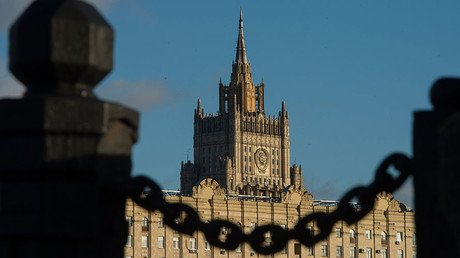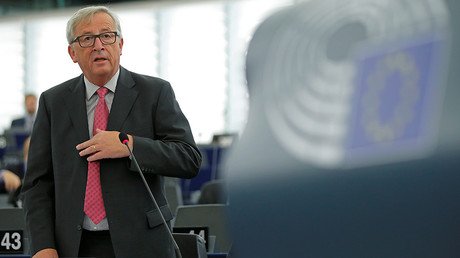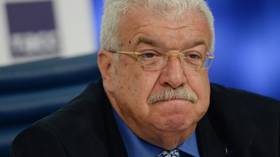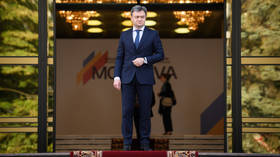‘Why get on a train that’s losing cars?’ Moldovan president asks of EU
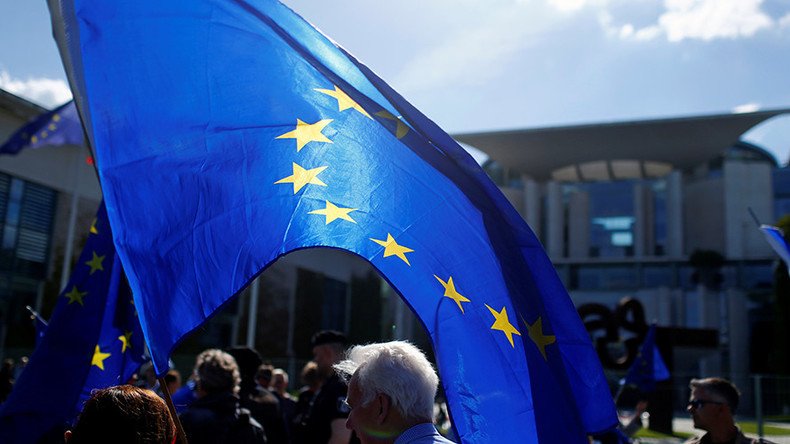
Moldovan President Igor Dodon has compared the EU to a train losing cars, saying his country will not be rushing to forge closer ties with the bloc anytime soon.
As the leader of a small country, Dodon said it is important to maintain good relations with both East and West. However, the Moldovan president expressed skepticism about becoming more integrated with Europe, particularly given the recent rise of anti-EU movements, most notably the Brexit vote in June of last year.
“In recent years, we have been very actively trying to convince ourselves that the only choice is the EU, the signing of an Association Agreement,” Dodon said at a preliminary session of the St. Petersburg International Economic Forum (SPIEF), adding “but ordinary people often ask themselves: why chase after a train that is losing its cars?”
Dodon added that concerns about the country’s internal security situation would also prevent Moldova from rushing towards the EU any time soon.
“We will not become members of the EU, since we have the Transnistrian conflict. If we are forcibly drawn in, then we will lose our statehood, as the regions in the east and the south will be against this, and it is my role as president to balance these processes,” he said.
In the early 1990s, during the breakup of the Soviet Union, an armed conflict erupted in the Russian-speaking region of Transnistria in the east of Moldova along its border with Ukraine – a conflict that remains frozen to this day, with Transnistria enjoying de-facto independence. There is also strong support for Russia among the local Turkic Gagauz people in the country’s southern Gagauzia region. Both of these areas would be fiercely opposed to closer European integration, and trying to initiate this could lead to renewed fighting.
In 2014, Moldova signed an association agreement with the EU on a comprehensive free trade zone, which opened up Moldova’s markets to European goods. Relations with Russia deteriorated after the agreement was ratified, but Dodon has moved to rebuild Moldova’s strategic partnership with Moscow since winning the presidency in December of 2016. Since then, Moldovan products have been reintroduced to the Russian market and cooperation in the energy sector has been normalized. Dodon has also held a number of meetings with Russian President Vladimir Putin since becoming Moldova’s president and reached agreements with Moscow on bilateral trade and migration issues
